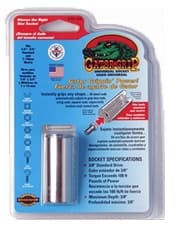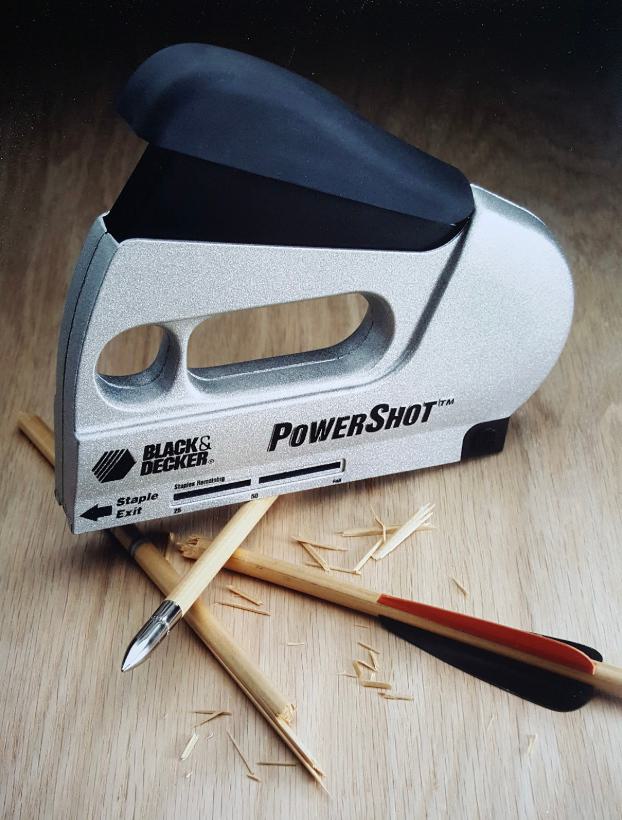Are Patents Good or Bad?
Patents can incentivize inventors and they can also block innovation.

Would the Wright Brothers have pursued innovations in flight as aggressively as they did without the imperfect promise of patent protection? Probably not - and without their aggressive efforts, the development of the airplane would surely have taken longer. Conversely, would airplanes have developed faster if the Wright Brothers didn't get patents and enforce them? Absolutely.
The Wright Brothers patent story is fascinating. The basic principles of flight, such as lift generated by an airfoil, were in the public domain. But until the Wright Brothers came along, there were no good ways to control an aircraft once it got into the air. The Wright Brothers innovations, the core of their patent portfolio, concerned ways of moving wing edges to steer an airplane and maintain stability, ways to keep it from crashing. But they didn't figure out the best ways. Others, like Glenn Curtiss, figured out better ways to control airplanes. And when Glenn Curtiss and others sought to commercialize improvements on Wright Brothers' designs, the brothers sued them for patent infringement. Today the Wright Brothers are sometimes called patent trolls (unfairly I think, since unlike a true troll, they actively manufactured and sold airplanes based on their patents). The Wright Brothers lost some key patent battles. But just like today, patent enforcement a century ago was expensive and many inventors avoided getting into airplane design because of fears that the Wright Brothers would sue them. Historians blame the Wright Brothers patent enforcements for slowing innovation such that when the US entered WW1, US airplanes were far inferior to those of France and Britain. Read more about the Wright Brothers and their patents here.
Jerome Lemelson infamously made his fortune as a patent troll from "inventions" that were merely obvious extensions of emerging technology. Software and Internet process patents, like Amazon's 1-click, are often (but not always) bogus. However, a patent on Maurice Ward's Starlight, by disclosing the details of the invention, might have advanced heat shield development significantly.
Here at Invention City we love patents and live by them. Products like the PowerShot Staple Gun and Gator-Grip socket exist only because we were able to get patents and earn royalties on them.
But we understand that patents are granted to advance technologies and spur innovations, not to retard them. In that spirit we believe in patenting things that we genuinely hope to commercialize and in seeking fair royalties that enable everyone to profit. Would we engage in patent trolling if the opportunity presented itself? Honestly, the answer is probably yes. We're in the business of seeking profits not sainthood. But we don't patent things with trolling in mind. Maybe that's splitting hairs, but I believe the distinction matters.


share this article: facebook